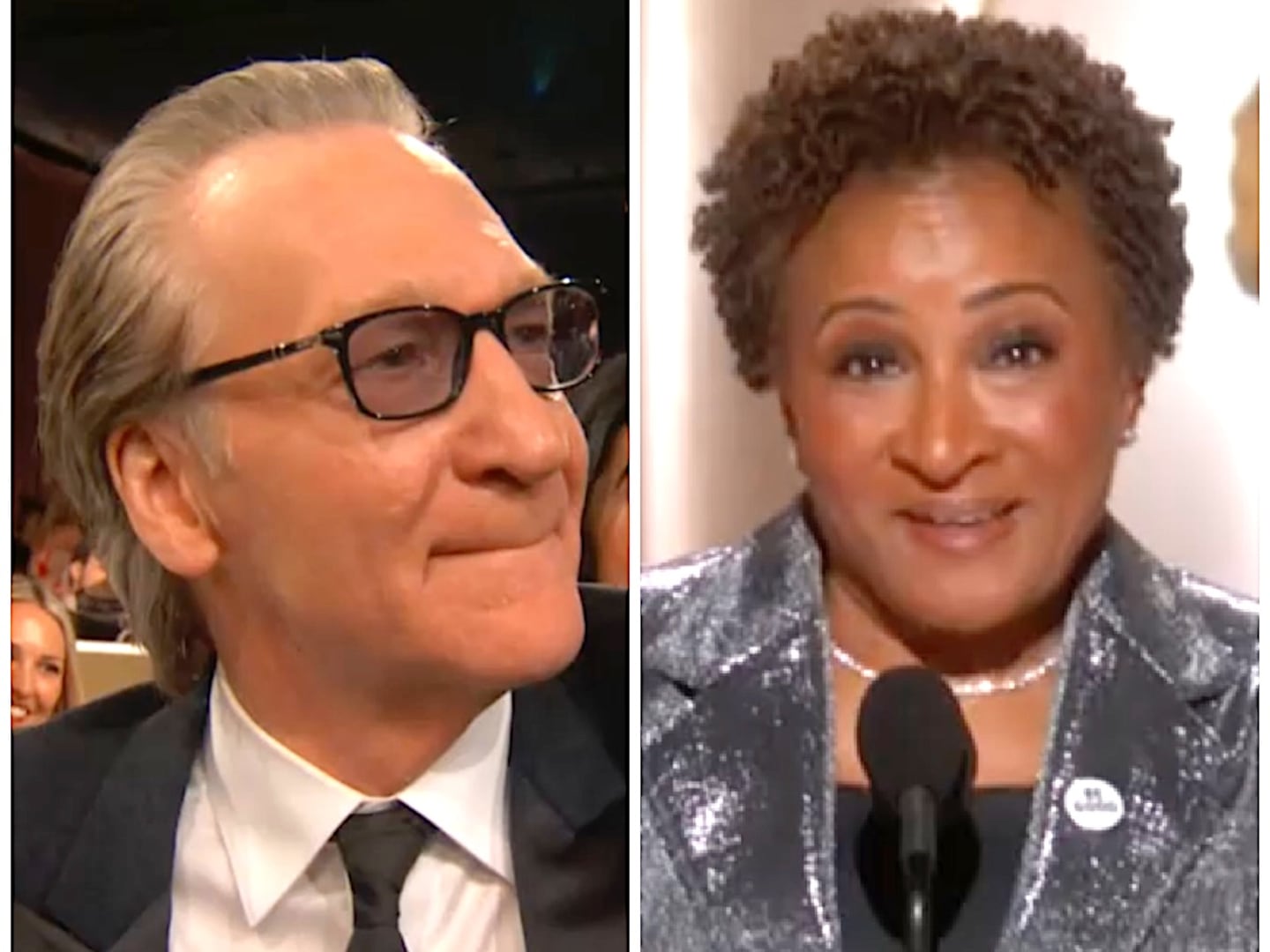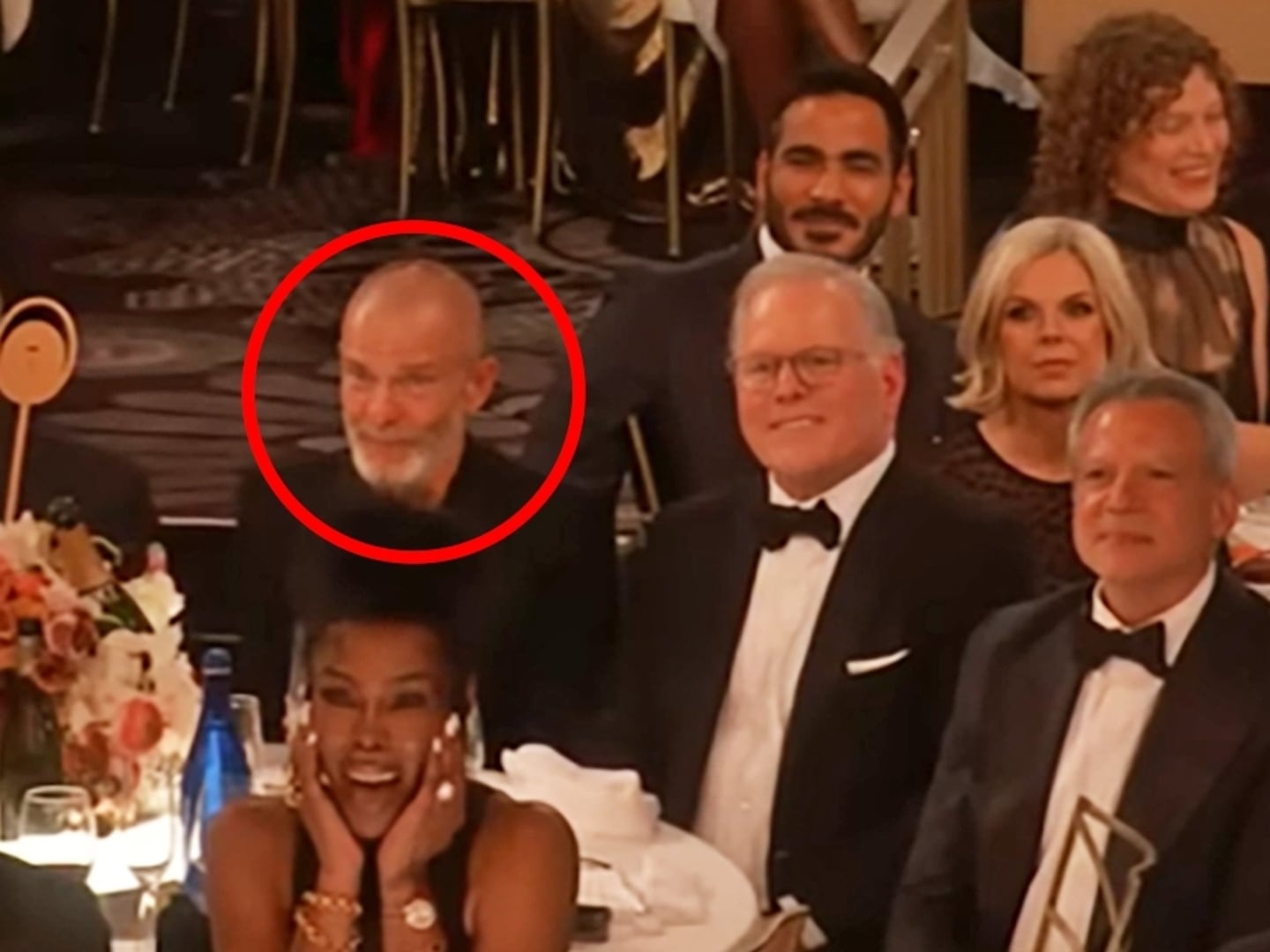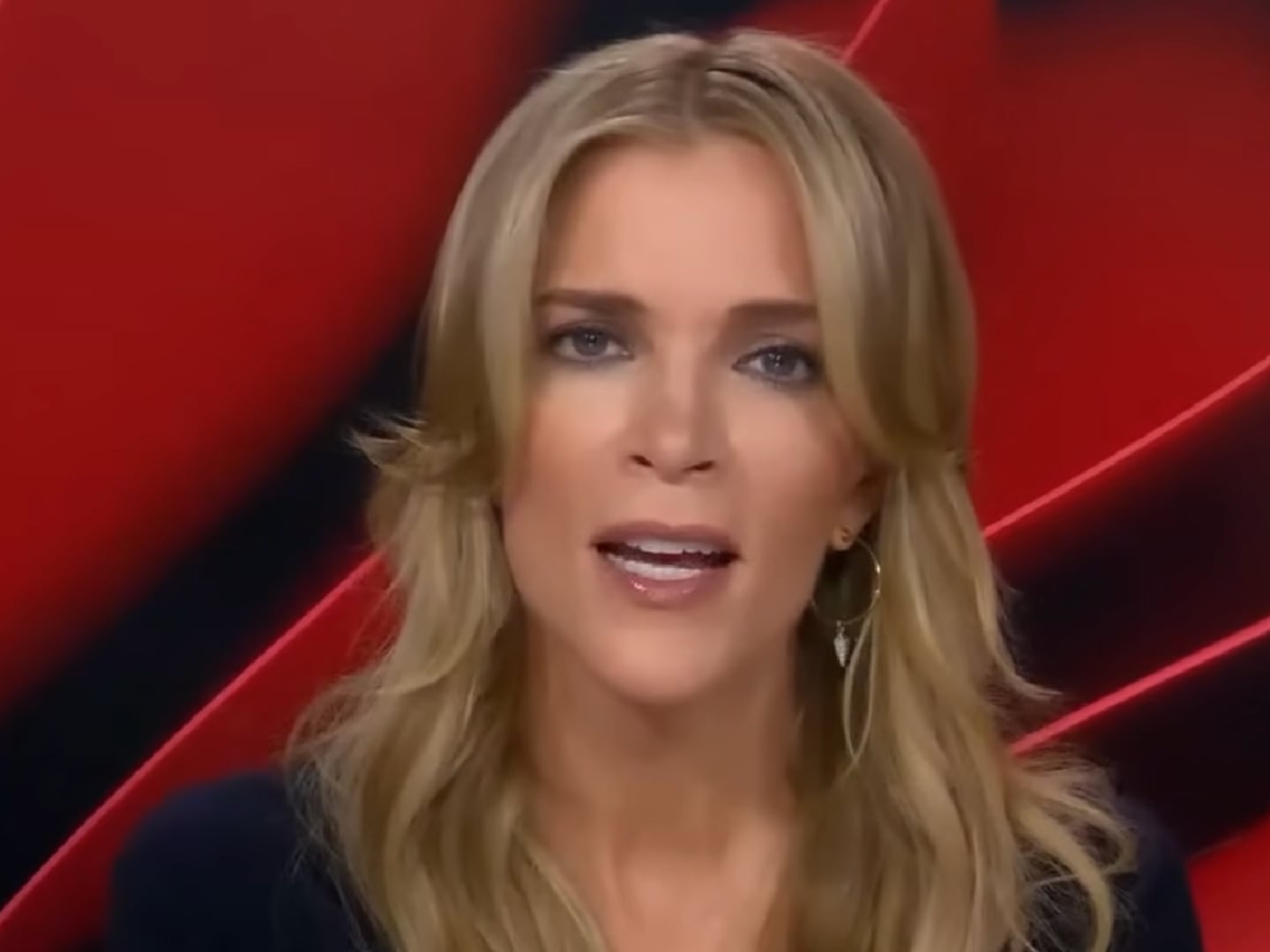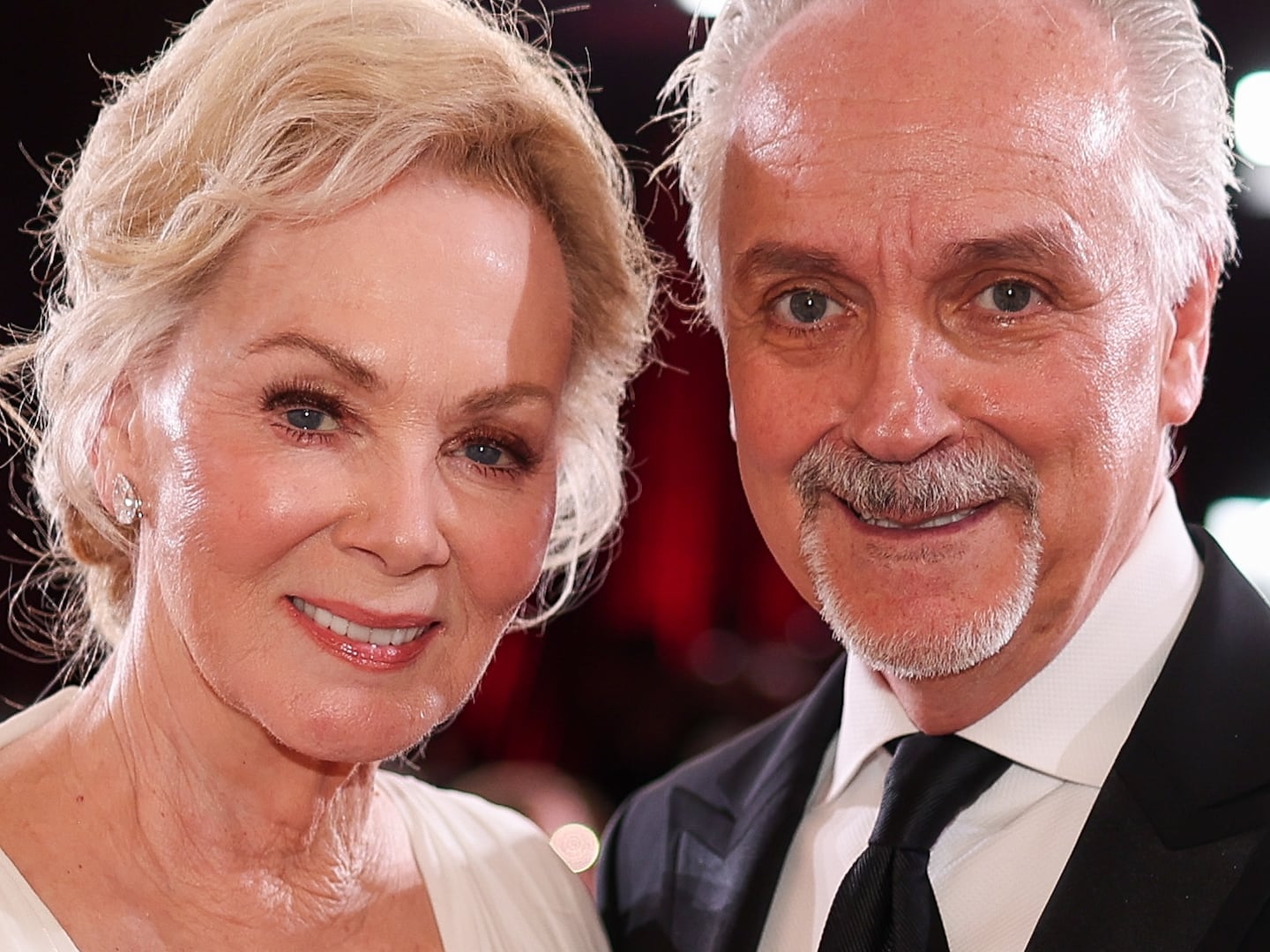Boston in the early 1960s was a bleak place courtesy of the Boston Strangler, a mysterious fiend who preyed upon unsuspecting single women of various ages in their apartments. According to Boston Strangler, things were in fact so grim that there were no vibrant colors to be found; everything was coated in a drab sheen of muddy browns, greens and grays that were only illuminated by blooming fluorescent lights. It was like living in a septic tank, except darker.
This cannot actually be true, and yet don’t tell that to writer/director Matt Ruskin’s feature (which premieres Mar. 17 on Hulu), which—either for creative or budgetary reasons—boasts not a single vivid splash of red, yellow or blue.
The ostensible idea seems to be that this dire tale requires a palette to match, but the excessiveness of Boston Strangler’s visual dreariness is a drag on its action, if in keeping with its narrative monotony. The story of the two female sleuths who fought a culture of misogyny while trying to report on—and uncover the identity of—a serial monster consumed with taking women’s lives, it has one thing to say, and it says it over and over again with a dismal lack of nuance.
Inspired by real events, Boston Strangler concerns Loretta McLaughlin (Keira Knightley), a reporter at the Boston Record American whose ambitions, in 1962, are being stymied by institutionalized sexism. Stuck on the lifestyle desk where she’s asked to write about “women’s things” like the latest Sunbeam toaster, McLaughlin wants more, and sees an opportunity in the numerous scoops that the paper is losing out on to rivals. A wife to James (Morgan Spector) and a mother of three, McLaughlin is a pitbull in a stylish suit, and after she sharply connects the death of a recent woman to a prior homicide, she convinces her reluctant editor Jack MacLaine (Chris Cooper) to let her investigate further on her own time.

Save for James, who supports his wife’s go-getter attitude despite the complications it causes for their household, everyone wants McLaughlin to quietly assume a subservient role, including her mother and sister-in-law. Nonetheless, she perseveres, and soon uncovers additional victims who were killed in similar ways: stockings tied around their necks, their bodies profanely posed on beds or the floor.
With confirmation of those key details, McLaughlin gets herself a sensational front-page headline and, with it, both a new ongoing assignment and trouble from Boston Police Department Commissioner McNamara (Bill Camp), who in response to this bombshell report harangues MacLaine about “the skirt” who concocted it by “flirting” with cops about “barstool gossip.”
McNamara is a chauvinistic boor who can’t imagine that a woman might be competent, and that attitude follows McLaughlin around as she endeavors to figure out who’s taking the lives of innocent women, which continues even after the killer makes the news and receives his infamous nickname. Boston Strangler is methodical and somber and, at least initially, intriguing, since the police—epitomized by detective Conley (Alessandro Nivola)—have few promising leads, much less rock-solid suspects.
McLaughlin is paired with veteran reporter Jean Cole (Carrie Coon), and together they begin combing through phone books and interviewing relatives of the dead, as well as encountering shady types like Daniel Marsh (Ryan Winkles), the boyfriend of one victim, whose home resembles Buffalo Bill’s lair and whose introductory scene plays like a climactic sequence from Zodiac.
Considering Boston Strangler’s focus on both female objectification and subjugation, and a mystery that’s never conclusively been solved, those references make thematic sense. Unfortunately, they also cast an unflattering (and dim!) light on Ruskin’s feature, whose script never manages to say anything novel about the hardships faced by McLaughlin (and, by extension, similar 1960s professional women).
Case in point is a late quarrel between the journalist and James, who having diligently supported his spouse throughout the investigation, hits a breaking point when she decides to fly to Michigan to look into similar, possibly connected murders. As James’ frustration makes clear, McLaughlin’s ambition has veered from admirable feminist determination to selfishness, but a critical examination of McLaughlin fails to materialize. When James asks her what she thinks she’ll find in Ann Arbor, and when she’s going to stop this crusade, she doesn’t respond, and the film merely gets on with lionizing her inquiry.

McLaughlin was a commendable pioneer yet Boston Strangler’s unwillingness to grapple with her as a three-dimensional individual—one whose careerist drive might have also turned to abrasive obsession—drains it of any complexity. The film hits the same simple notes to diminishing effect, and that forces Knightley to do likewise, flashing an aggravated-but-resolute expression so often that it turns McLaughlin into a bore.
At least she has something to do, however; Coon is thoroughly squandered in the supporting role of Cole, who—aside from being a tough reporter who believes that getting ahead means sometimes playing by men’s rules—is about as featureless as they come. Wasting a great actress like Coon in this manner is outrageous, albeit part and parcel of the proceedings’ simplicity.
With its accents ranging from the acceptable (Knightley) to the spot-on (Nivola), Boston Strangler invariably turns its attention to Albert DeSalvo (David Dastmalchian), the rapist whom police finger as the notorious culprit. This is due solely to his confession, given that there’s zero evidence directly linking him to the crimes.

McLaughlin eventually becomes convinced that, in order to cover up their incompetence, the cops have pinned the Boston Strangler slayings on DeSalvo, who—working with Marsh and fellow prison inmate George Nassar (Greg Vrotsos)—saw an opportunity to cash in (via a book deal) by claiming responsibility. It’s difficult to determine whether this conspiracy theory holds merit, though, since the film only views DeSalvo at a remove, and it mainly uses its central hypothesis to underline, one last time, that men care more about themselves than about women.
Professionally mounted if largely inert, Boston Strangler does the bare minimum with its true-crime material, drumming up scant suspense and trading in few insightful truths. Its desire to give credit where credit’s due may be noble, but it would have benefited from not dispensing its lessons in such dull, monochromatic fashion.
Liked this review? Sign up to get our weekly See Skip newsletter every Tuesday and find out what new shows and movies are worth watching, and which aren’t.






